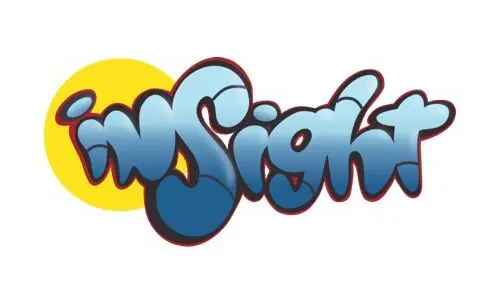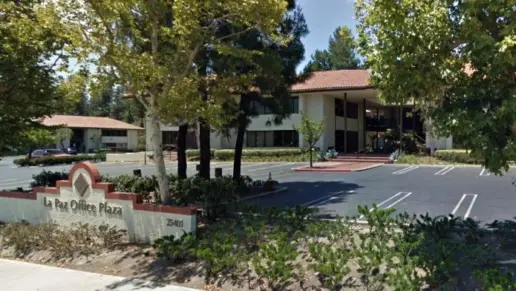About The Salvation Army – Adult Rehabilitation Center
The Salvation Army Adult Rehabilitation Center in San Francisco, California, offers a work based and faith based therapy program for individuals who are battling alcohol and drug abuse. There is no cost to participate in this program. Their rehabilitation services demonstrate their dedication to providing for human needs in the name of Jesus Christ. They offer services to help you regain your independence and dignity during your darkest moments.
They provide classes, counseling and spiritual care. They also offer opportunities to help you develop strong work habits that will aid in your rehabilitation. The Salvation Army has a track record of successfully assisting people in becoming more independent. They are committed to providing rehabilitation programs and services to all those in need without unlawful discrimination or harassment and regardless of age, race, religion, sex or any other characteristic.
You’ll gain life skills development, holistic work therapy and spiritual direction. The program provides group and individual counseling and other tools to help you overcome obstacles such as drug addiction. You’ll set and maintain goals for sustainable employment, and the program’s physical and spiritual components will give you the means to care for others as well as yourself.
Many who have participated in this program are reunited with their families and are able to return to normal, healthy daily routines. They offer 180 day residential work therapy programs that offer spiritual, social and emotional support if you’re unable to manage your problems alone or live independently. Their work therapy component aims to teach constructive work habits and rebuild self esteem in order to help you reintegrate into society and either return to or enter the workforce for the first time. There is no financial compensation for the work you do in this therapy. Instead the program is offered for free.
Facility Overview
Latest Reviews
Rehab Score
Gallery
Other Forms of Payment
Private insurance refers to any kind of healthcare coverage that isn't from the state or federal government. This includes individual and family plans offered by an employer or purchased from the Insurance Marketplace. Every plan will have different requirements and out of pocket costs so be sure to get the full details before you start treatment.
Self-pay involves paying for treatment out of your own pocket. You can use savings or credit, get a personal loan, or receive help from family and friends to fund your treatment. If you don't have insurance or your insurance plan doesn't cover a specific program, self-pay can help ensure you still get the care you need.
Financial aid can take many forms. Centers may have grants or scholarships available to clients who meet eligibility requirements. Programs that receive SAMHSA grants may have financial aid available for those who need treatment as well. Grants and scholarships can help you pai for treatment without having to repay.
Sliding scale payments are based on a client's income and family size. The goal is to make treatment affordable to everyone. By taking these factors into account, addiction recovery care providers help ensure that your treatment does not become a financial burden to you or your family, eliminating one barrier to care.
Medicaid is a state based program that helps lower-income individuals and families pay for healthcare. Medicaid covers addiction treatment so those enrolled can use their coverage to pay for rehab. When a program accepts Medicaid the client often pays very little or nothing out of their own pocket.
Addiction Treatments
Levels of Care
Treatments
The goal of treatment for alcoholism is abstinence. Those with poor social support, poor motivation, or psychiatric disorders tend to relapse within a few years of treatment. For these people, success is measured by longer periods of abstinence, reduced use of alcohol, better health, and improved social functioning. Recovery and Maintenance are usually based on 12 step programs and AA meetings.
Drug rehab in California teaches participants constructive ways to stay clean and sober. Treatment revolves around helping individuals stop using the substance they are addicted to and learn healthy habits to avoid relapse.
Substance rehabs focus on helping individuals recover from substance abuse, including alcohol and drug addiction (both illegal and prescription drugs). They often include the opportunity to engage in both individual as well as group therapy.
Programs



Clinical Services
Group therapy is any therapeutic work that happens in a group (not one-on-one). There are a number of different group therapy modalities, including support groups, experiential therapy, psycho-education, and more. Group therapy involves treatment as well as processing interaction between group members.
Individual therapy for drug addiction includes a customized treatment plan that considers your history and life circumstances. During your therapy sessions, the therapist helps you uncover underlying issues and triggers for addictive behavior that support a holistic approach to recovery.
Research clearly demonstrates that recovery is far more successful and sustainable when loved ones like family members participate in rehab and substance abuse treatment. Genetic factors may be at play when it comes to drug and alcohol addiction, as well as mental health issues. Family dynamics often play a critical role in addiction triggers, and if properly educated, family members can be a strong source of support when it comes to rehabilitation.
Amenities
-
Residential Setting
-
Private Rooms
Contact Information
1500 Valencia St
San Francisco, CA 94110


